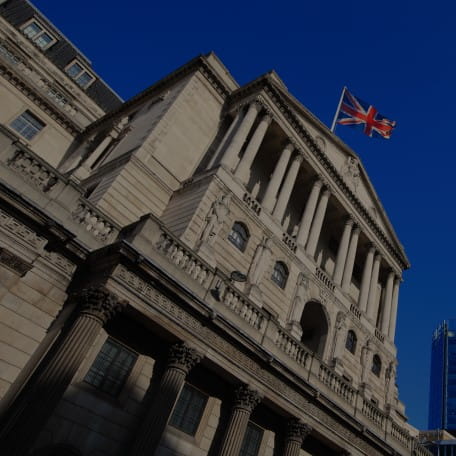Hopes that inflation was finally on its way down were somewhat dented today, with figures from the Office for National Statistics showing UK consumer price inflation rose 10.1% in March, year on year.
Despite falling slightly from 10.4% in February, the figure was higher than economists’ consensus of 9.8% for March, with soaring food price inflation (at 19.1%) driving up costs. As the ONS points out “…the annual rate for this category in March 2023 is the highest seen for over 45 years.”
With growing pressure on households and businesses as a result of persistent high inflation – accentuated by the fact that the highest inflationary rates have been seen in necessities such as energy and food – what is likely to lie ahead for the coming months?
While the UK’s inflation problem is due in part to global supply issues, homemade factors have made it worse, says Phil Milburn, Co-Head of the Liontrust Global Fixed Income team. He points to the Bank of England (BoE) “cutting rates too far and printing too much money (through quantitative easing) during lockdowns”.
He adds: “The BoE used mainly demand-based measures to tackle a supply problem. It was then far too cautious raising rates. If it had acted sooner or faster, then the peak would not have needed to be as high.”
Post-Brexit trade restrictions have also pushed up food price inflation in the UK, more so than our European neighbours, with other countries more able to source alternative supplies during the recent fruit and vegetable shortages – a key example of how erecting trade barriers leads to higher prices.
High inflation has already led to a number of increases in the base rate by the BoE, which currently stands at 4.25%, and the latest figures have made it increasingly likely that the Monetary Policy Committee will hike rates again at the next meeting on 11th May. Yet while higher interest rates may persist for a while – a return to extremely low rates is thought unlikely for the foreseeable future – there are positive signs on the horizon.
Despite sharp increases in food prices, the latest figures show there are a number of sectors where prices are falling (as shown in the chart below) – transport provided the largest downward impact on annual inflation due to falling fuel prices, while restaurants and hotels, and clothing and footwear were also disinflationary.

And Liontrust’s Milburn believes the UK’s inflation outlook should start to improve from here.
“Firstly, energy prices are soon going to be up against higher comparable figures from 2022. If wholesale gas prices stay where they are then energy bills should start falling; by the July Ofgem review the average household bill cap should be falling to about £2,000. This would take year-on-year energy inflation to zero, assuming lower wholesale prices continue to be passed through. By October 2023 energy’s contribution should be markedly disinflationary.
“Given the overshoot in UK food price inflation, we should soon start to see a reversal there too. This will be accelerated as fruit and vegetable shortages ease.
“While core inflation will remain stickier, there are some strong disinflationary tailwinds building for headline inflation.”
KEY RISKS
Past performance is not a guide to future performance. The value of an investment and the income generated from it can fall as well as rise and is not guaranteed. You may get back less than you originally invested.
The issue of units/shares in Liontrust Funds may be subject to an initial charge, which will have an impact on the realisable value of the investment, particularly in the short term. Investments should always be considered as long term.
DISCLAIMER
This is a marketing communication. Before making an investment, you should read the relevant Prospectus and the Key Investor Information Document (KIID), which provide full product details including investment charges and risks. These documents can be obtained, free of charge, from www.liontrust.co.uk or direct from Liontrust. Always research your own investments. If you are not a professional investor please consult a regulated financial adviser regarding the suitability of such an investment for you and your personal circumstances.
This should not be construed as advice for investment in any product or security mentioned, an offer to buy or sell units/shares of Funds mentioned, or a solicitation to purchase securities in any company or investment product. Examples of stocks are provided for general information only to demonstrate our investment philosophy. The investment being promoted is for units in a fund, not directly in the underlying assets. It contains information and analysis that is believed to be accurate at the time of publication, but is subject to change without notice. Whilst care has been taken in compiling the content of this document, no representation or warranty, express or implied, is made by Liontrust as to its accuracy or completeness, including for external sources (which may have been used) which have not been verified. It should not be copied, forwarded, reproduced, divulged or otherwise distributed in any form whether by way of fax, email, oral or otherwise, in whole or in part without the express and prior written consent of Liontrust.










